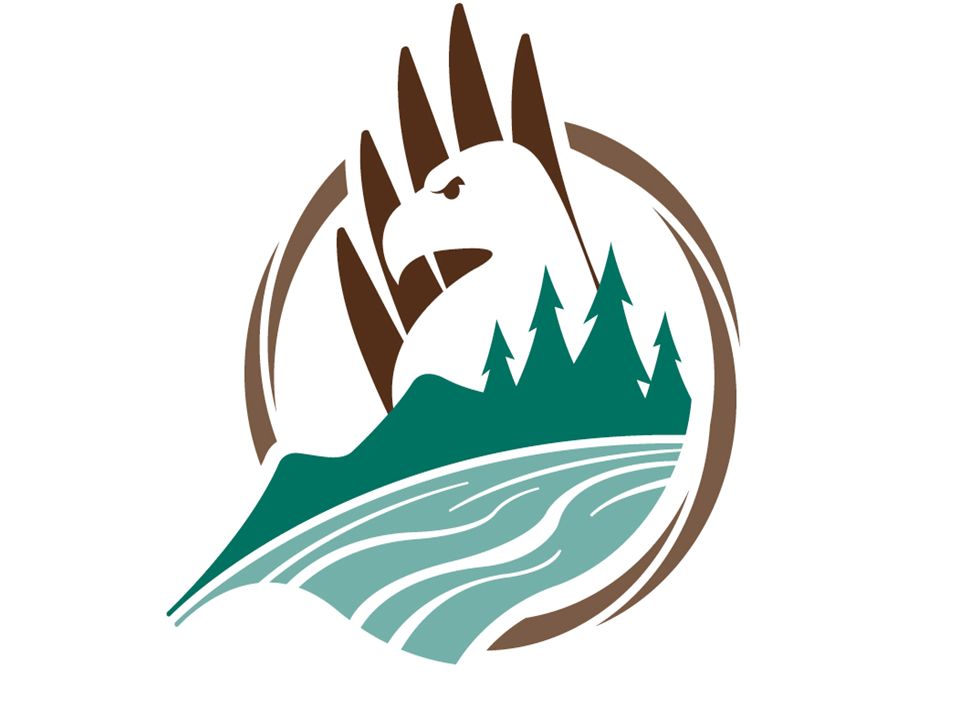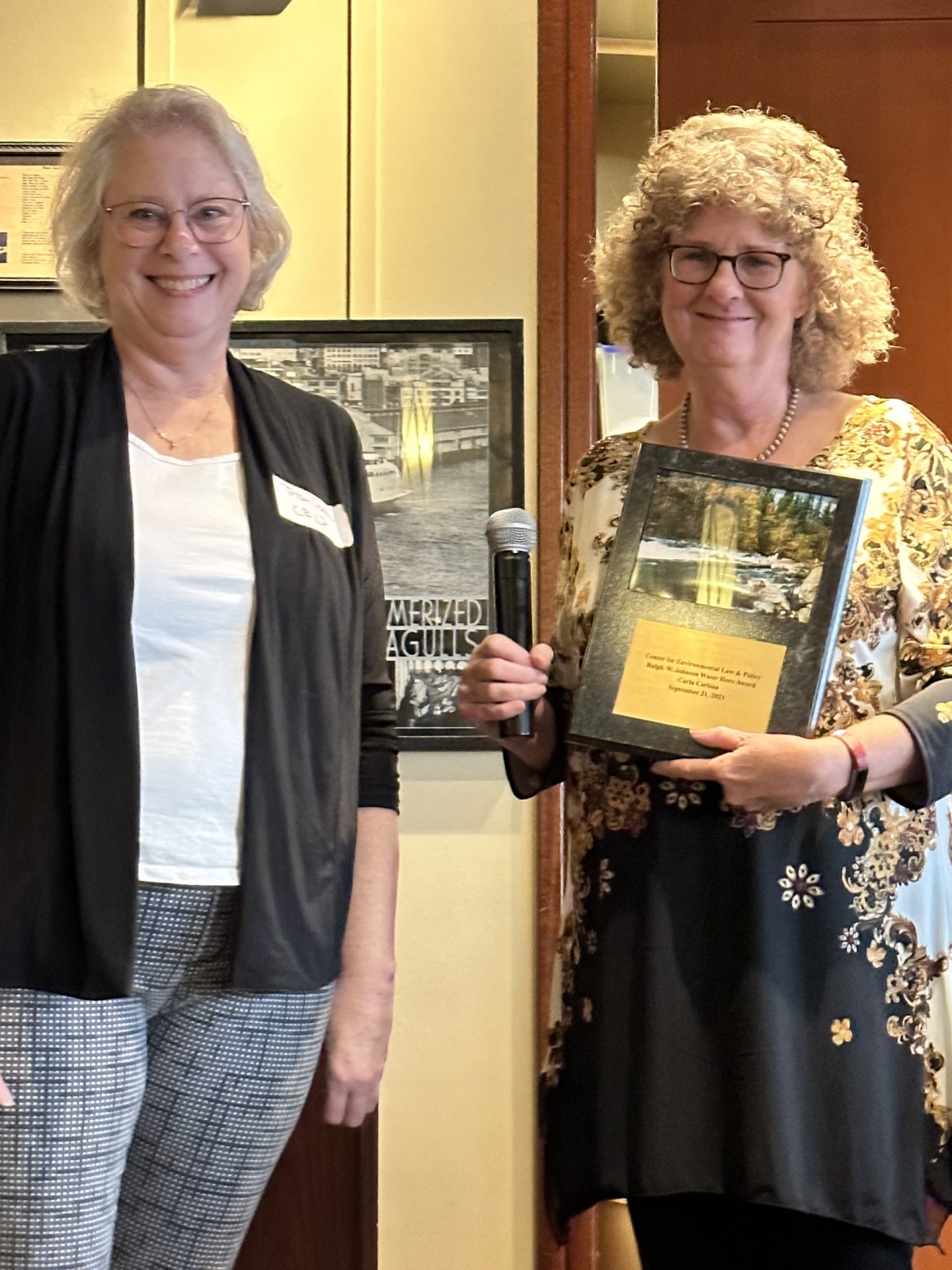During Celebrate Waters 2024, CELP proudly presented Tom Ring, a retired hydrogeologist, with the Ralph…

Upper Columbia United Tribes, Water Heroes 2015
The five tribal members of the Upper Columbia United Tribes (UCUT) include the Confederated Tribes of the Colville Reservation, the Spokane Tribe of Indians, the Kalispel Tribe of Indians, the Coeur d’Alene Tribe, and the Kootenai Tribe of Idaho.
Even while Canada and the United States continue to posture on modernizing the Columbia River Treaty, UCUT is moving forward with the first phase to return salmon home to ancestral spawning waters of the Upper Columbia. This is an historically important first step. The Tribes (and First Nations in Canada) need public support to bring the salmon home.
In 1942, 450 years after Columbus stepped foot in the Americas and less than 140 years after David Thompson and Lewis & Clark stepped foot into the Columbia River Basin, the gates at Grand Coulee dam in the U.S. closed with the tacit approval of the Canadian government. No passage was provided for the millions of salmon returning each year to the Upper Columbia, as key species for the environment. Tribes and First Nations were never consulted.
What were the consequences of those Columbia River dams — besides cheap power for communities like Seattle, flood control for Portland, and other benefits mostly for non-Indian people? For indigenous people, the salmon, and the river ecosystem, the consequences were devastating. With the closing of those gates at Grand Coulee dam, the waters began to rise. A whole way of life in those river valleys that had existed from “time immemorial” was drowned, permanently flooded.
Traumas move through generations. Suicide rates remain high on Indian reservations, especially among Indian youth. In recent months, both the Spokane Tribe of Indians and the Colvilles have declared suicide emergencies. Recognizing that mental health and ecosystem health are linked, and the importance of salmon to their cultures, all five Tribes are moving forward with returning salmon to the Upper Columbia. Their efforts in rebuilding the salmon runs of the Upper Columbia benefits all people – indigenous or nonindgenous – in the Columbia Basin, Puget Sound, and the West Coast.
As a region, we have never confronted what happened here to these people as a result of the dam-building era. As Bishop Skylstad so eloquently spoke at the Gonzaga University conference last May on Ethics & the Treaty: Righting Historic Wrongs, “Have we, as a dominant culture—and sometimes a domineering culture—said to our Native People, ‘Will you forgive us?’. Have we done that? I don’t think we have.” (For more, view the short film One River. Ethics Matter, or learn about the Ethics & Treaty Project).
On May 21 at Ivar’s Salmon House in Seattle, we will be honoring UCUT (and through them, the indigenous people of the Upper Columbia) for their leadership in restoring salmon and the river. CELP is also working with UCUT to promote a new film, Treaty Talks that helps tell the story.
10.
Upper Columbia United Tribes, Water Heroes 2015



